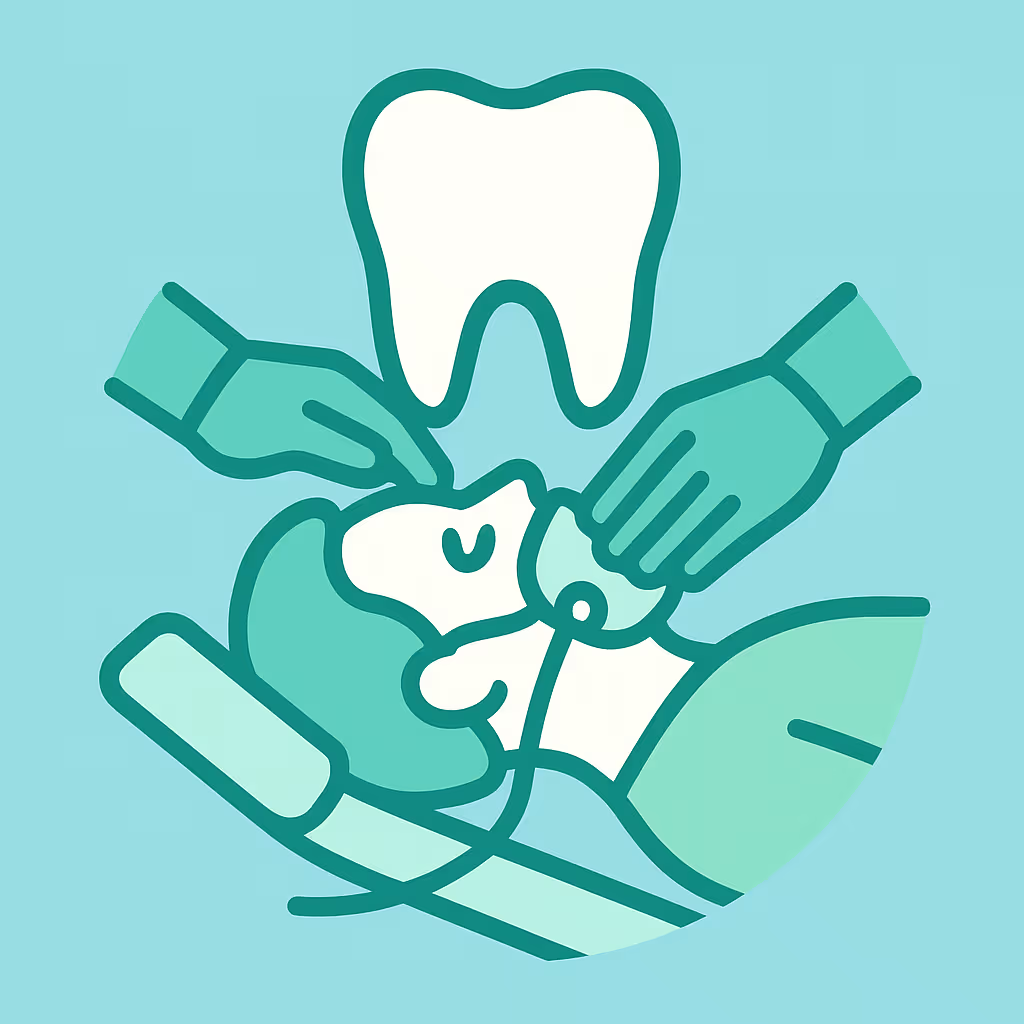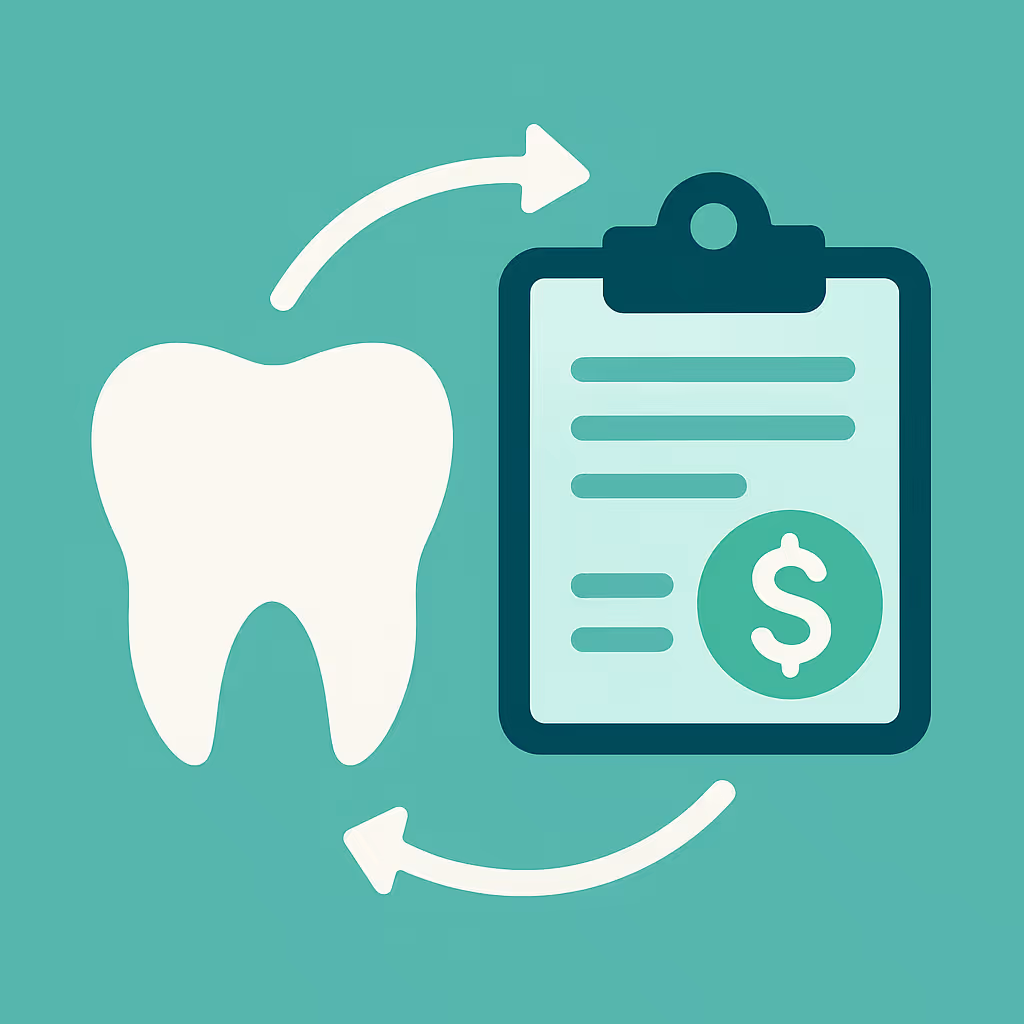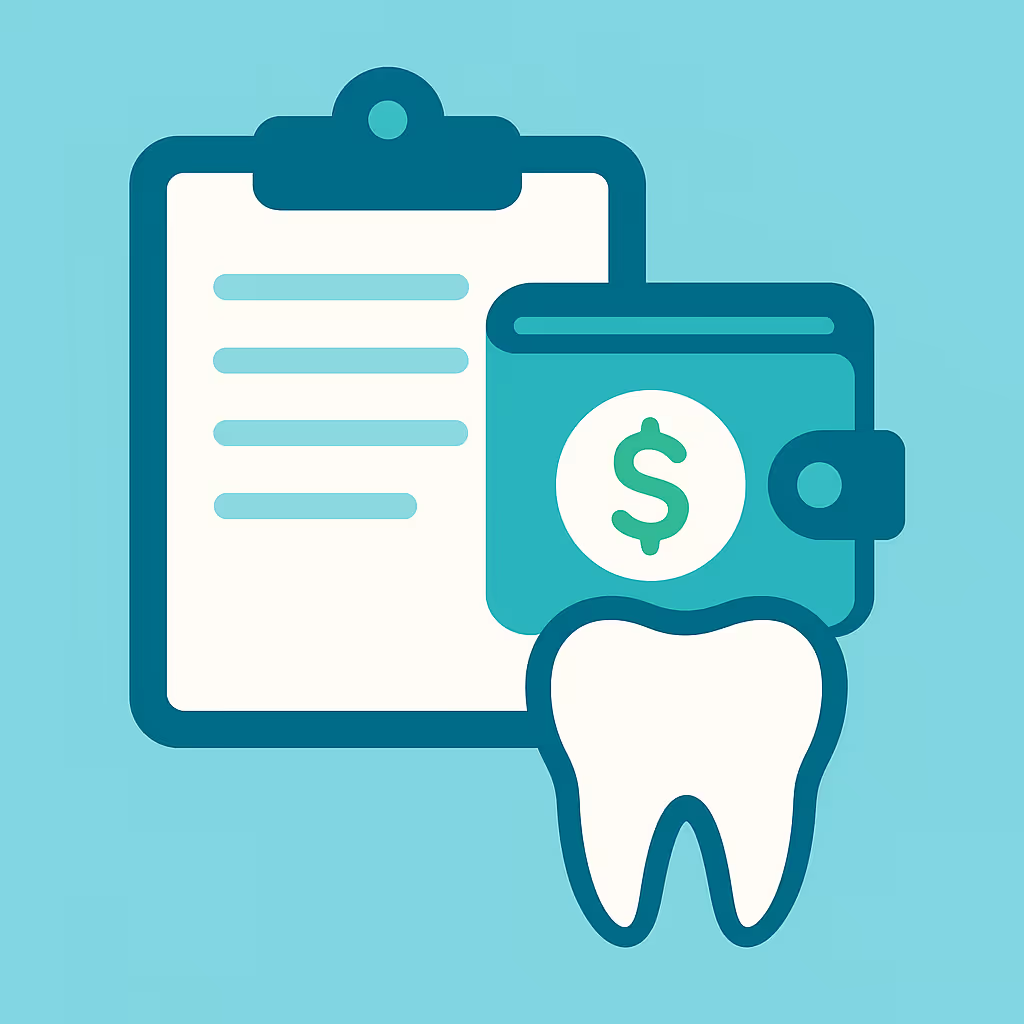Understanding Dental Code D0150
When to Use D0150 dental code
The D0150 dental code is used to report a comprehensive oral evaluation for new or established patients. This CDT code is appropriate when a patient is being evaluated for the first time in your practice, or if it has been a significant period since their last comprehensive exam. It is not intended for routine periodic exams, but rather for situations where a thorough assessment of the patient’s dental and medical history, as well as a complete examination of the oral cavity, is necessary. Use D0150 when the dentist needs to develop a baseline for future care or when there are significant changes in the patient’s health status.
Documentation and Clinical Scenarios
Accurate documentation is essential for successful billing and compliance. For D0150, ensure your clinical notes include:
- Detailed medical and dental history review
- Comprehensive evaluation of hard and soft tissues
- Assessment of caries risk, periodontal health, and occlusion
- Charting of existing restorations and conditions
- Diagnosis and recommended treatment plan
Common clinical scenarios for D0150 include:
- New patient visits
- Patients returning after a long absence
- Significant changes in health or dental status requiring a new baseline
Always ensure your documentation supports the comprehensive nature of the evaluation to withstand insurance audits and claim reviews.
Insurance Billing Tips
Successful billing of D0150 requires attention to payer policies and best practices:
- Verify eligibility: Confirm the patient’s insurance coverage and frequency limitations for comprehensive exams before the appointment.
- Submit complete claims: Include detailed clinical notes and any supporting radiographs or intraoral images to justify the comprehensive evaluation.
- Understand frequency limits: Many plans allow D0150 only once every 3–5 years per provider or location. Submitting more frequently may result in denials.
- Appeal denials: If a claim is denied, review the Explanation of Benefits (EOB) for the reason. Prepare a thorough appeal with supporting documentation if the service was medically necessary.
- Coordinate with other codes: If a patient requires a periodic exam, use the appropriate code for periodic oral evaluation instead of D0150.
Example Case for D0150
Scenario: A 45-year-old patient presents to your practice for the first time. They have not seen a dentist in over five years and have a history of diabetes. The dentist conducts a thorough review of medical and dental history, completes full-mouth periodontal charting, assesses caries risk, and develops a comprehensive treatment plan. The visit is documented in detail, including all findings and recommendations.
Billing: The front office verifies insurance coverage and confirms that a comprehensive exam is eligible. The claim is submitted with D0150, accompanied by clinical notes and any necessary radiographs. The claim is paid without issue, as the documentation clearly supports the use of D0150.
This example highlights the importance of proper documentation, insurance verification, and understanding payer guidelines to ensure timely reimbursement and compliance.





